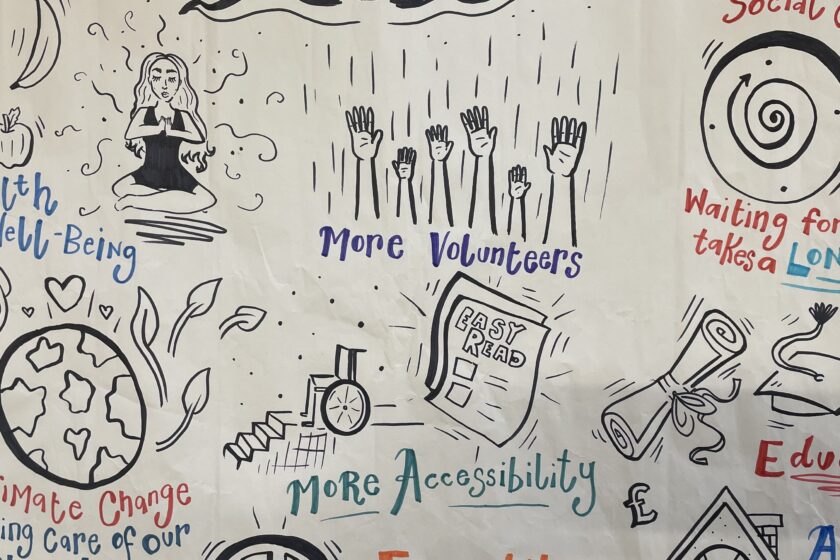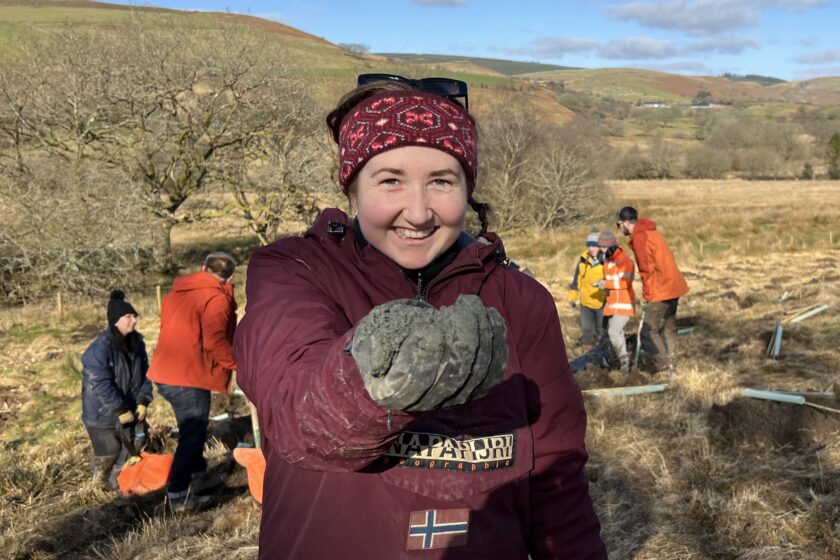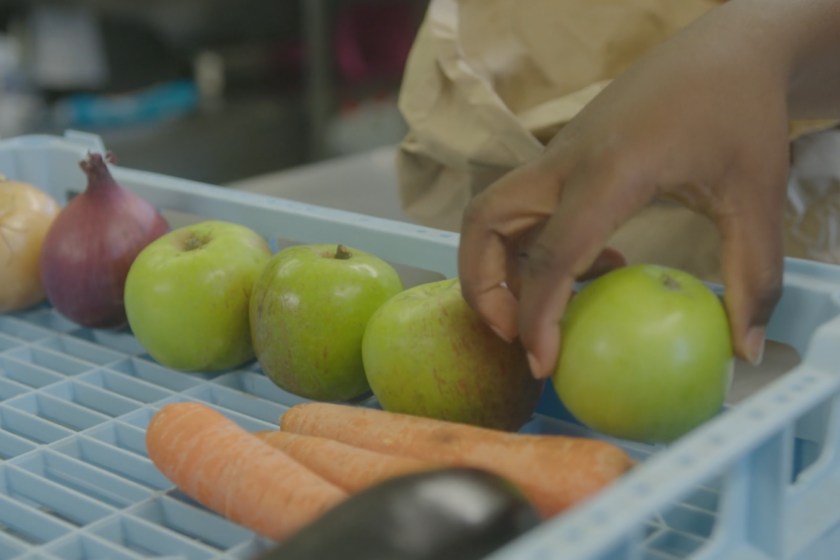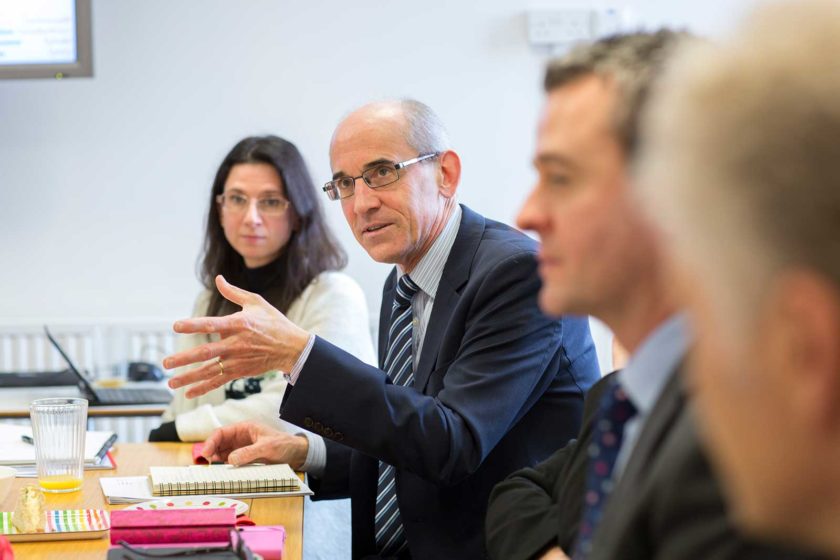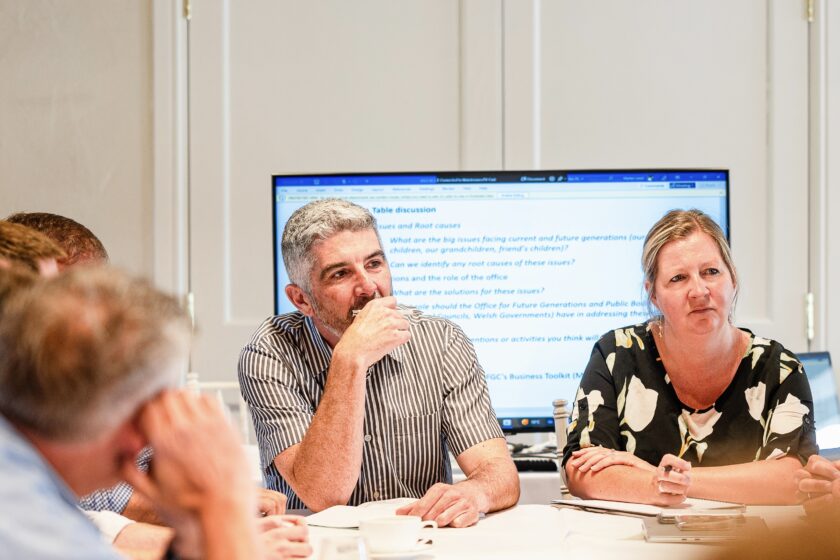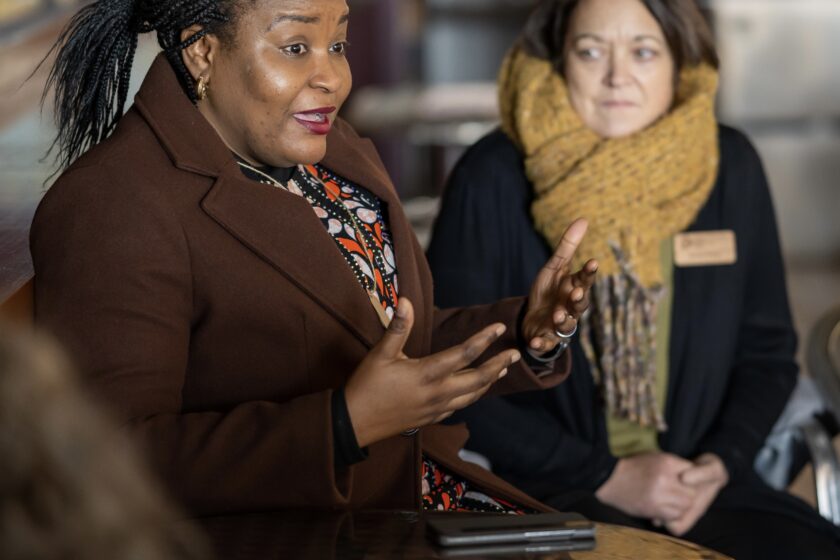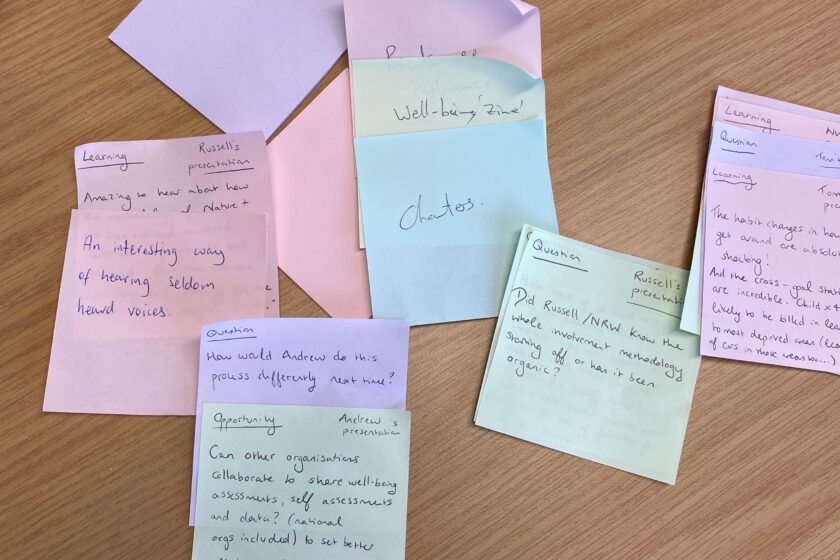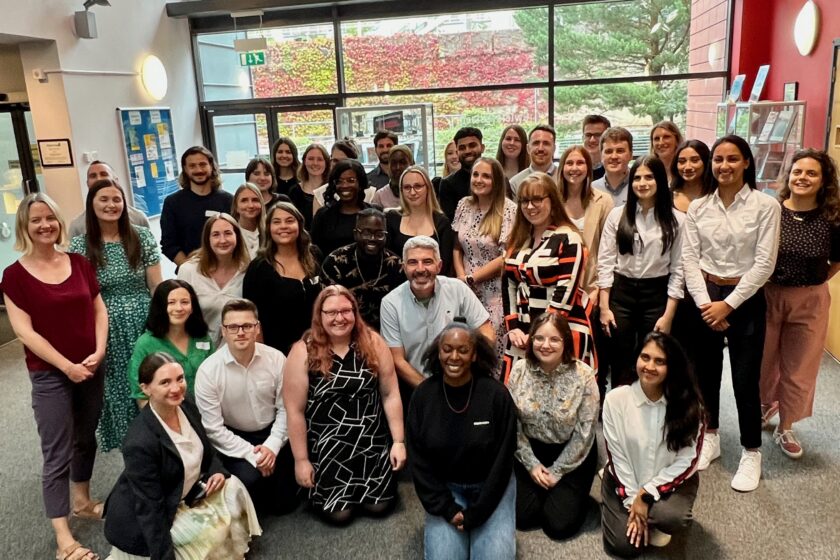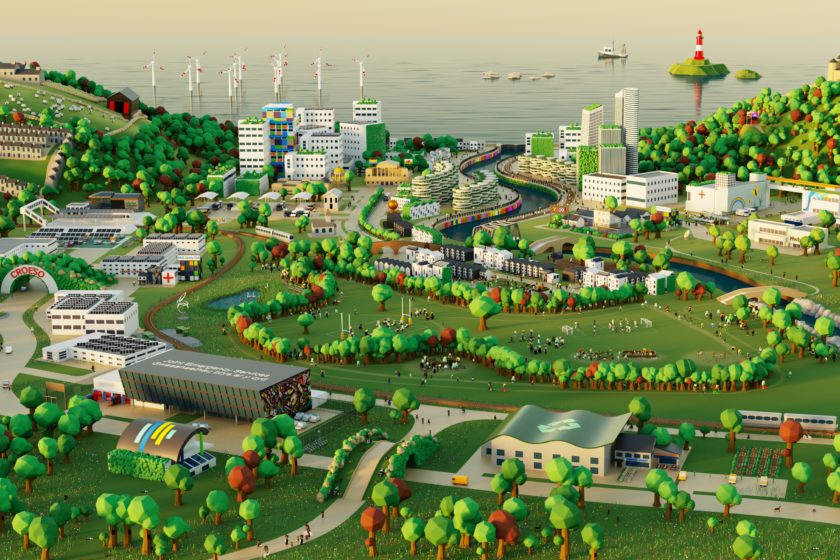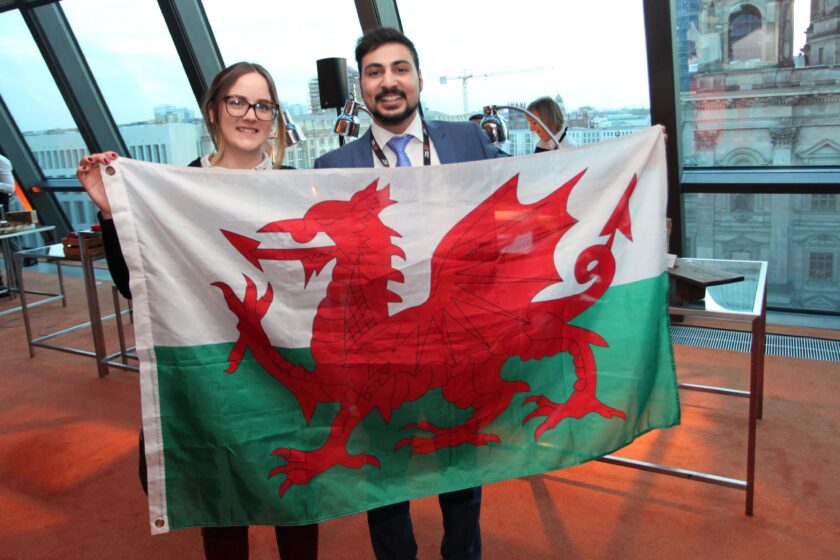A Fit for the Future Programme for Government
We have the opportunity to create a better Wales for current and future generations.
One that prioritises investment and job creation in a diverse, green, and care led recovery, set a long-term investment plan to finance decarbonisation, apply well-being economics, support life-long learning, and create a National Nature Service.
Only then will Wales be on its way to a COVID recovery that builds a nation which is stronger than ever before. We have faced many challenges in this past year, but with my ‘Fit for the Future Programme for Government’, we can reshape a Wales that works for everyone.
‘A Fit for the Future Programme for Government’
The ‘Fit for the Future Programme for Government’ is my new set of proposals to the new Government with the aim to deliver a prosperous, green, and equal recovery from COVID-19. I am calling for a brave and progressive approach to policy making and long-term thinking that puts diversity, the well-being economy, tackling emissions and biodiversity loss, and life-long learning at the forefront of our minds.
What is a prosperous, green, and equal recovery?
A prosperous, green and equal recovery aims to deliver good quality livelihoods whilst supporting rapid decarbonisation and improving biodiversity in Wales. This would mean investing in industries and sectors that help us meet our zero-carbon targets, increase equality and improve our well-being. It also relies on having the right skills and training in place to help people take advantage of these opportunities.
Key Priorities
My key priorities for Welsh Government as outlined in ‘A Fit for the Future Programme for Government’:
- Prioritise investment and job creation in a green and care led recovery.
- Invest and increase capacity of employability programmes to meet the skills and employability demand.
- Ensure that investment seeks to diversify key sectors for the future by targeting skills programmes in future focused industries, towards women, disabled people, black Asian and minority ethnic people and those furthest from the labour market
- Set a long-term investment plan to finance decarbonisation of homes.
- Ensure people have the means and pathways to keep learning through life including equality of digital access to information and knowledge.
- Build the power of culture and creativity into COVID-19 recovery approach
- Increase the care workforce, pay all those in the care workforce the real living wage and provide training and recognised qualifications
- Create a National Nature Service
- Harness the power of business to deliver on a green and equal recovery
Rethinking, Reskilling and Retraining
Thinking long-term could not be more important as we see a shift in our lives towards an increasingly digitalised, globalised World. This is especially true for the future of skills, industries and employment.
As the economy and our behaviours change, the demand for many traditional skills in Wales will no longer exist and industries that have kept Wales afloat will be drastically different. We must ensure the people of Wales are ready for the green revolution of employment which will not only improve quality of life but help to tackle the climate emergencies.
Thousands of new ‘future-fit’ jobs could be created if the new Welsh Government embraces a radical vision for Wales. However, the Government must invest time and money into making sure that everyone has access to these jobs. These future-fit jobs are white male-dominated, with some industries seeing as little as 25% of the workforce identifying as women. Additionally, the pandemic has disproportionately impacted on Black, Asian and minority ethnic people with the unemployment rate hitting 8.5% for BAME workers compared to 4.5% for white workers in Wales. The Government must address the lack of diversity in these sectors and the barriers to life-long learning such as income and care responsibilities.
Skills provision should be targeted towards industries that will help Wales to meet its climate emission targets; respond to the nature emergency; provide skills in digital, creativity and communication; level up inequalities between population groups and between rural and urban areas.
That’s why I’m asking the Government to:
- Invest in key infrastructure projects in green industries and nature restoration
- Invest and increase opportunities for retraining, reskilling and transitioning to changing industries
- Invest in a Care-led Recovery
- Direct efforts towards an equal recovery
Financing the Decarbonisation of Homes
Developing an economic stimulus package which leads to job creation and supports the decarbonisation of homes should be a priority for Welsh Government as part of a green, equal and just recovery.
My programme will not only help the Government to meet decarbonisation and fuel poverty objectives whilst reducing needless energy costs, but create new industries, skills and jobs, based on local supply chains and supporting the foundational economy.
Right now, the Government is not putting enough funding into the decarbonisation of homes in Wales to address our climate change targets.
That’s why I want the government to:
- Put in place a longer-term plan for funding the decarbonisation of homes.
- Double fuel-poverty funding to eradicate fuel poverty by 2030 and seize the advantage of job creation and generation of local wealth.
- Adopt a Retrofit Plus approach – broadening the Retrofit programme to support community involvement and neighbourhood regeneration
- Set an ambitious Minimum Energy Efficiency Standard (MEES) of EPC “C” or equivalent decarbonisation target for all homes no later than 2030.
- Build on the work of the Optimised Retrofit Programme to develop a cost model and ‘building renovation passports’ for the entire Welsh housing stock.
- Establish a central role for the Development Bank of Wales (DBW) or a similar coordinating actor to facilitate lending of around £1bn/year.
- Explore the establishment of a new Wales Energy Service Company (WESCO) to coordinate and support decarbonisation in the social housing sector.
- Urgently develop a skills pipeline for a Welsh Retrofit workforce
- Work with UK Government to secure additional funds
Culture
We know that participation in sports, arts and culture can bring huge benefits to individuals and communities – in boosting skills, confidence, self-esteem and aspiration. This should not be reserved to those on a certain income or in certain communities.
Cultural and Creative professionals have been amongst the hardest hit during the pandemic, so I was pleased to see the Government put in place policy to help cultural industries during the pandemic, such as the Freelancers Pledge. But this isn’t enough to ensure cultural longevity in Wales.
I want to see the Government publish a revised national Culture and Creativity strategy and to set out an ambitious plan of using culture to support children and young people:
- Publish a revised national Culture and Creativity strategy
- Launch and incentivise the roll out of the Freelancers and Public Bodies Pledge
- Apply a culture-based approach for city and town and community regeneration
- Adopt a sector led approach to digital equity and inclusion within the cultural workforce to ensure it’s representative and diverse.
- Support young people to experience and work within the creative and cultural industry
- Support culture led intergenerational activity to tackle loneliness and isolation, Welsh language promotion, mental health and community cohesion.
- Establish an Active and Creative Programme to support children and young people
- Identify opportunities to promote and use the Welsh language within its COVID Recovery approach
- As Wales opens up consider a ‘Seat Out to Help Out’ Scheme
- Establish permanent opportunities to give people a voice in planning the future of the culture and creative sector
- Recognise and enhance the network of cultural venues throughout Wales as spaces, assets and resources to support cultural and community well-being.
The National Nature Service
In Wales, no ecosystem is currently showing all the attributes of resilience, and most of Wales’ protected site network is in an unfavourable condition. In green industries, there is a chronic lack of diversity in the workforce.
The National Nature Service is a framework to quickly establish new skills opportunities and jobs, and restore Wales’ natural environment with future thinking at its core.
The framework aims to respond to the nature and climate emergencies and help address the economic and social (justice) fallout of the pandemic.
How can we do it?
- Support the delivery of thousands of new, good quality jobs
- Provide good quality livelihoods.
- Help protect and restore Wales’ natural environment
- Ensure young people and adults are eco-literate
- Deliver a more integrated, cross-sector model that better aligns the Welsh people with existing/new job opportunities in Wales.
- Enabling unemployed and underemployed people to find training and paid work in nature conservation.
- Work in partnership with cultural and sporting organisations to help promote exercise and engagement with the outdoors, local heritage, Welsh language, mental health and tourism.
- Make the most of the freelancers and public bodies pledge to reimagine Wales’ towns and cities
- Demonstrate Wales as a globally responsible nation.
Universal Basic Income
We are delighted to see the First Minister commit to piloting a Universal Basic Income in Wales. Wales currently has amongst the highest levels of children, working-age adults and pensioners living in relative income poverty in the UK. We know that poverty is the largest determinant of health, and ill health is an obstacle to social and economic development. This is why I believe the Government needs to provide a Universal Basic Income to lift people out of poverty.
Similar pilots have shown a UBI improves life satisfaction, physical and mental health, and decreases instances of depression. There’s also evidence to show UBI to be more successful in length of work across the year than other employment benefits, as well as increasing trust in institutions.
My programme calls for the government’s pilot to:
- Be geographically based and include participants split across two specific communities – in one urban and one rural region of Wales.
- Provide a non means-tested and non-withdrawable monthly payment.
- Be run for a period of 24 months.
If you are reading this, then you are already part of the movement for change. Let’s take this plan forward together – join me in making these calls to Welsh Government at this epochal moment where a change of course towards a bolder, more radical and progressive approach is not just possible but essential.
If you have ideas for how you can help promote or implement the ideas contained in the Future Fit Programme for Government, we’d love to hear from you and involve you in our work.



